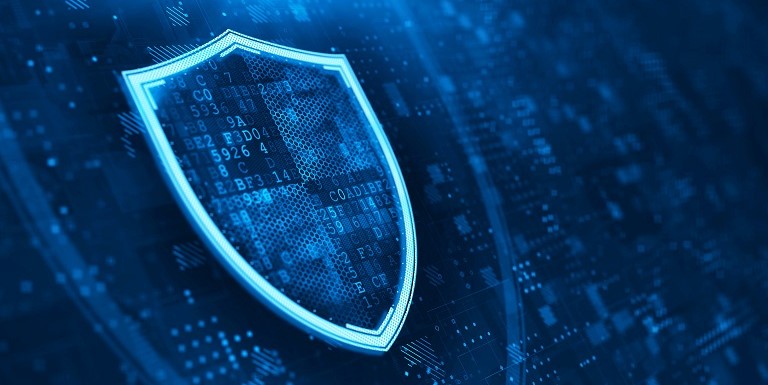Madison College: Charting New Waters in the Micro-Credential Space

Digital badges, or micro-credentials, are portable, verifiable, data rich, digital representations of attained knowledge and skills that provide evidence of specific, tangible skills: cognitive, soft, and technical. Digital badges align training with the needs of the workforce, and provide Madison College the opportunity to award meaningful and recognized credentials that go beyond the traditional boundaries of our degrees. They also empower individuals to take their learning achievements with them, wherever they go, allowing the earner to own their knowledge.
Madison College has been issuing digital badges since 2012. As one of the first two-year colleges to move into the digital badging space, we originally adopted badges as a way to enhance our continuing education (CE) noncredit offerings. Within our CE professional development courses, students were generally looking to upskill or transition, and we wanted to provide them with something more than an “S” for satisfactory or a “U” for unsatisfactory on their transcripts. Adding digital badges provided a way for these earners and the consumers of the badges to verify, from an accredited and reputable institution, that learning actually took place.
We consistently heard from employers that they were highly satisfied with the training we were delivering, but our noncredit program students didn’t always know how to articulate what they knew. We took this as an opportunity to introduce and integrate digital badges into our credit courses. However, rather than adding badges to courses that are already recognized with grades on a transcript, we decided to badge skills that are being developed within courses or across a series of courses. For example, students who are exceptional at microscopy skills can now earn a badge. While we don’t offer a specific course on microscopy, the skills are taught and assessed within courses in various programs.
It didn’t take us long to realize that integrating digital badges added so much more than just verified knowledge and skill attainment. We could quickly see the results of these badges being shared online. Students attending courses where badges were not offered soon began asking how they, too, could earn these unique and shareable verifications of their skills. While we knew that students sharing our badges online would be a new marketing possibility, we never considered that this viral conversation would help fill our open enrollment courses.
Upon surveying the courses in which badges were offered, we quickly learned that students were, in fact, working harder to earn badges and staying in programs because they knew they could earn more badges. Most importantly, integrating digital badges has helped to address the communication gap that exists between students and employers. Digital badges have provided a vehicle needed for our students to convey and articulate their skills and knowledge. Earners are utilizing badges they have earned to help tell the story of their unique educational journey. Madison College data show that students are using earned badges as a roadmap in the interview process. Earning digital badges has given students a voice, allowing them to talk about themselves from arguably a third person perspective. “I’ve always been bad at talking about myself in interviews, but interviewing with digital badges gave me a voice I didn’t know I had,” said one Medical Assistant graduate. At the same time, we began to hear from our employers comments such as, “Digital badges are allowing us to align individuals into better fit jobs” and “We can see skills areas they already excel in and match that individual to a job where we know they will succeed.”
Digital badges (or open badges) were originally designed with few parameters in place—anyone could create a badge for anything. Through our experience, we have learned that it is necessary to define the parameters of each type of badge, but because of their open design, we have been able to create badges that serve different functions and carry different values to our constituents.
At Madison College, we are constantly searching for new and innovative ways to utilize digital badges. Beyond our credit and noncredit programming, badges connected to high school courses, faculty professional development, community partner training, and more are part of our overall digital badge strategy. (Refer to our public badge database for more information.) With each new badge line we develop, we are finding more ways to ultimately help serve our students, faculty, staff, and community. Implementing digital badges at Madison College has helped grow our name and reputation around the world. In fact, we have assisted other institutions of higher education and businesses across the U.S. and around the world to develop their own digital badge platforms through our Digital Credentials Institute. Digital badges have helped give our students a competitive edge, and have helped us connect our students and employers in a way that our traditional degrees did not allow. At Madison College we are proud to be an innovator and to be charting new waters every day in the micro-credential space.
Dr. Turina Bakken is Provost at Madison College in Madison, Wisconsin.
Opinions expressed in Member Spotlight are those of the author(s) and do not necessarily reflect those of the League for Innovation in the Community College.










